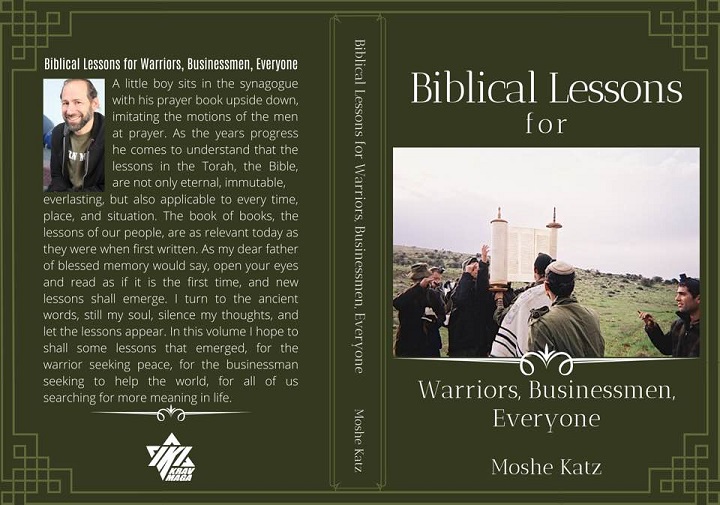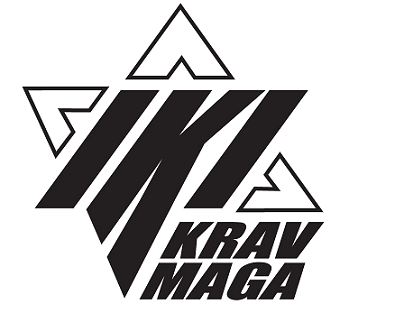- Home
- Krav Maga Blog
- Krav Instructors
- Train in Israel
- Tour Train Israel
- Krav Shop
- DVD
- Kickboxing
- IKI Near Me
- Seminars
- IKI Membership
- On-Line Training
- Krav Maga Training
- Testimonials
- History Krav Maga
- Instructors Page
- Past Blogs
- Spanish
- Italian
- Certification
- Contact
- Holland Seminar
- Vienna Seminar
- Poland Seminar
- Italy Seminar
- Belt Requirements
wheels of life
BY MOSHE KATZ
CEO
ISRAELI KRAV INTERNATIONAL
December 29, 2020, Israel
I admire people who live life to the fullest. Henry David Thoreau eulogized his friend Ralph Waldo Emerson as a man devoted to learning how to live, to seeking happiness and fulfillment in life. We each have our own way of doing this. We each have our journey in life.
We also each have our challenges. I believe that one of the greatest challenges in life is to be able to turn your life around, at any age and at any stage of your life.
I recall when I left my job at the bank, I did not know where it would take me. For a while I washed dishes for a living while training with Itay Gil in free style kickboxing and Krav Maga. Gradually I was able to support myself with my martial arts teaching. My friends at the bank were jealous. They were "stuck" in a boring thankless job. They envied my freedom, my ability to express myself through my chosen work, my passion. And yet, the door was open to all; like Jerzy Kosinski's rabbit (The Painted Bird) the door to the cage was open, but they were afraid to leave. The open air was enticing but the cage was more comfortable. Many are still there to this very day.
We get into a rut, but can we get out of it? What will it take to change our attitude? to embrace the future, to embrace happiness!
I was thinking about our patriarch Jacob, as he explained to Pharaoh at their historic meeting, his life was not easy. Here he meets the greatest ruler of the time, and is asked for his age, and he begins to Kvetch i.e. complain, my life is difficult, I have not achieved what my fathers achieved etc. His life was indeed very challenging. I imagine having four wives and twelve children is not easy, not to mention that two of the wives were sisters and he clearly loved one more than the other.
So I was thinking, and then it hit me.
" And to his father he (Joseph) sent...ten donkeys laden with the best goods Egypt had to offer, and ten donkeys loaded with corn and bread and food..." (Genesis, Chapter 45, Verse 23)
And yet when Jacob sees all this, what does he say? "and when he saw the wagons which Yosef sent to carry him, the spirit of Jacob their father was revived." (Genesis, Chapter 45, Verse 27)
It was not the food, the best of Egypt that he noticed, it was the wagons.
Now imagine for a moment; famine, starvation throughout the land. I recall my grandfather's stories. Rabbi Isaac Klein of blessed memory served as a chaplain in World War Two, US air force. He arrived towards the end of the war in Holland, his jeep was filled with "the best of the land", American goods for a starving population that had risked their lives to shelter Jews from the Nazis. The Van Beck family said, "Rabbi Klein, when we see you it is for us like Father Christmas!". And yet Jacob paid no attention to all the food, desperately needed by his large family. The only thing he commented on, the only thing he noticed, was the wagons, which were empty.
And it makes me wonder, and I ponder...
The Aramaic translation is a little different from the Hebrew text, "U shrath ruah kudsha al Yaakov avuhun." And the holy spirit rested upon Jacob.
Rabbi Shlomo Yitzhaki of France adds..."The Divine presence came upon Jacob, which had left him"
Ah... the rabbis teach that the spirit of holiness can only rest upon a person in state of Joy, not in sadness. Thus the Hasidic Jews believe in joyful praying, with songs and dance. The dance brings upon them the Divine Presence. This feeling of joy had left Jacob more then twenty years earlier, when his beloved son, the first son of his deceased wife Rahel whom he adored, had gone missing. No body was ever found. Now, this spirit has returned to him, thus the Hebrew, "Wa tehi ruah Yaakov avihem" "And the spirit of Jacob their father came to life." (Verse 27)
Jacob came back to life, Jacob's spirit was revived. What was it about the wagons that revived him?
And here I propose my own interpretation, or should I say, the spirit that came upon me after reading this again and again.
"The wheels in the sky keep on turning," (Journey)
In Hebrew a wagon is Agalah, and the Hebrew word for circle is Egul they are based on the same three letter root; A(E) - G - L. The word for round in Hebrew is Agol , all relate to circles and cycles. For the wagon to move it must "keep turning". Yosef/Joseph sent his father wagons, the round wheels of the wagons are a hint to the cycle of life. "What goes up must come down, spinning wheel got to go round.." (Blood Sweat and Tears, 1968)
Jacob was stuck in a rut of unhappiness, of endless misery. He was told that his son was alive, which he suspected all along, he was told that his son was ruler over Egypt, and this leadership too was foretold in the dreams, which Jacob "kept in mind". And yet Jacob clearly did not believe them, but when he saw the wagons, the wheels, something happened.
The wheels are turning, what is down can go up, as long as we live there is hope. It is never too late to live!
When this idea came to me I shouted out loud, The spirit of Jacob lives! The wheels are turning. Joseph was sending his father a message; Father there is hope, we shall be together again! As Joseph had told his brothers to tell their father, "and you shall dwell in the land of Goshen and you shall be close to me" (Chapter 45, 10)
It was only when he saw the wagons that Jacob was revived. Wheels, the symbol of ups and downs in life, the idea that things can change, that life can turn around. It was not the donkeys laden with the best Egypt could offer that revived Jacob, but the wagons!
No matter what happens in life we need to remember the wagons. As long as we live we have hope.

